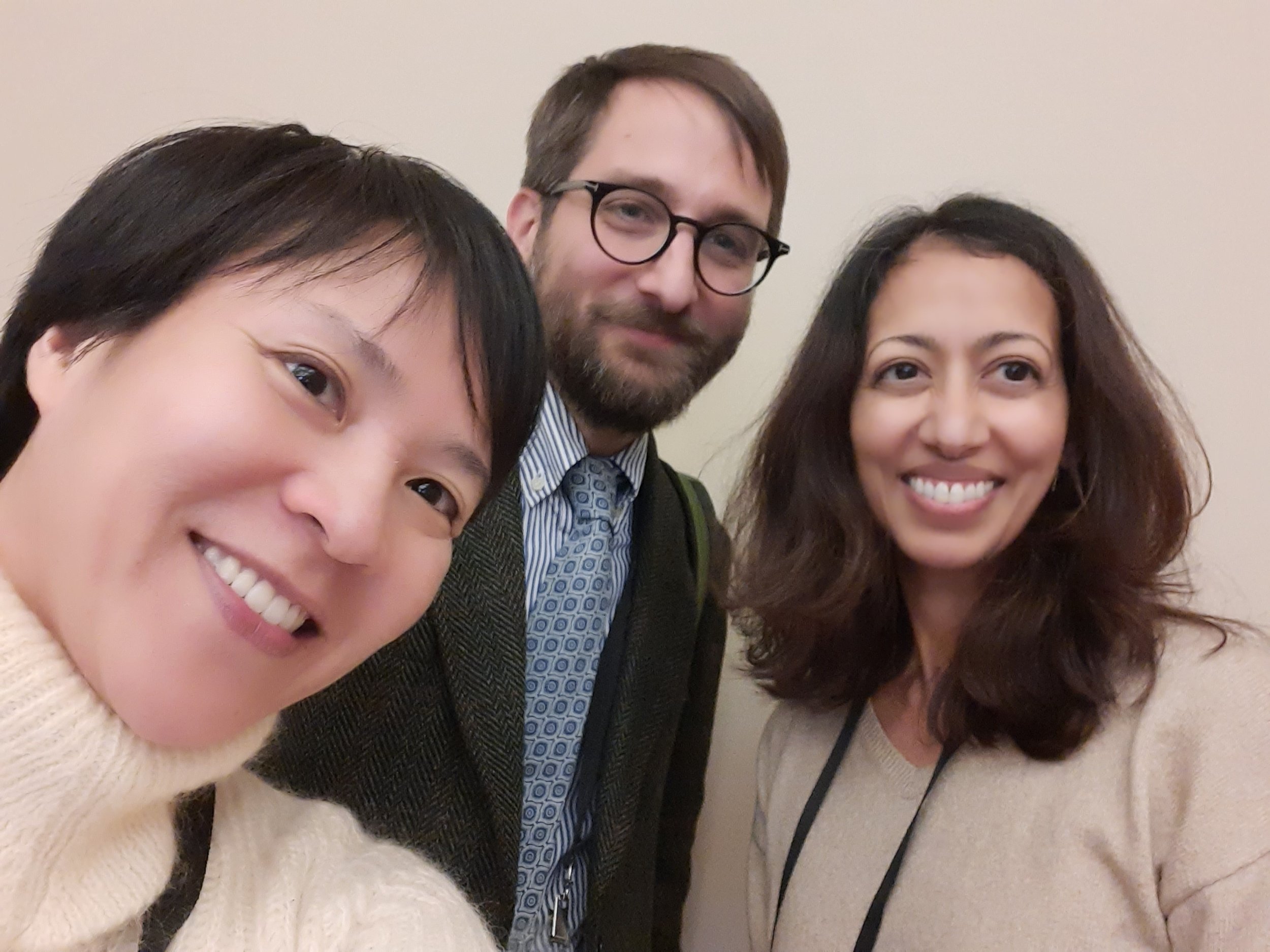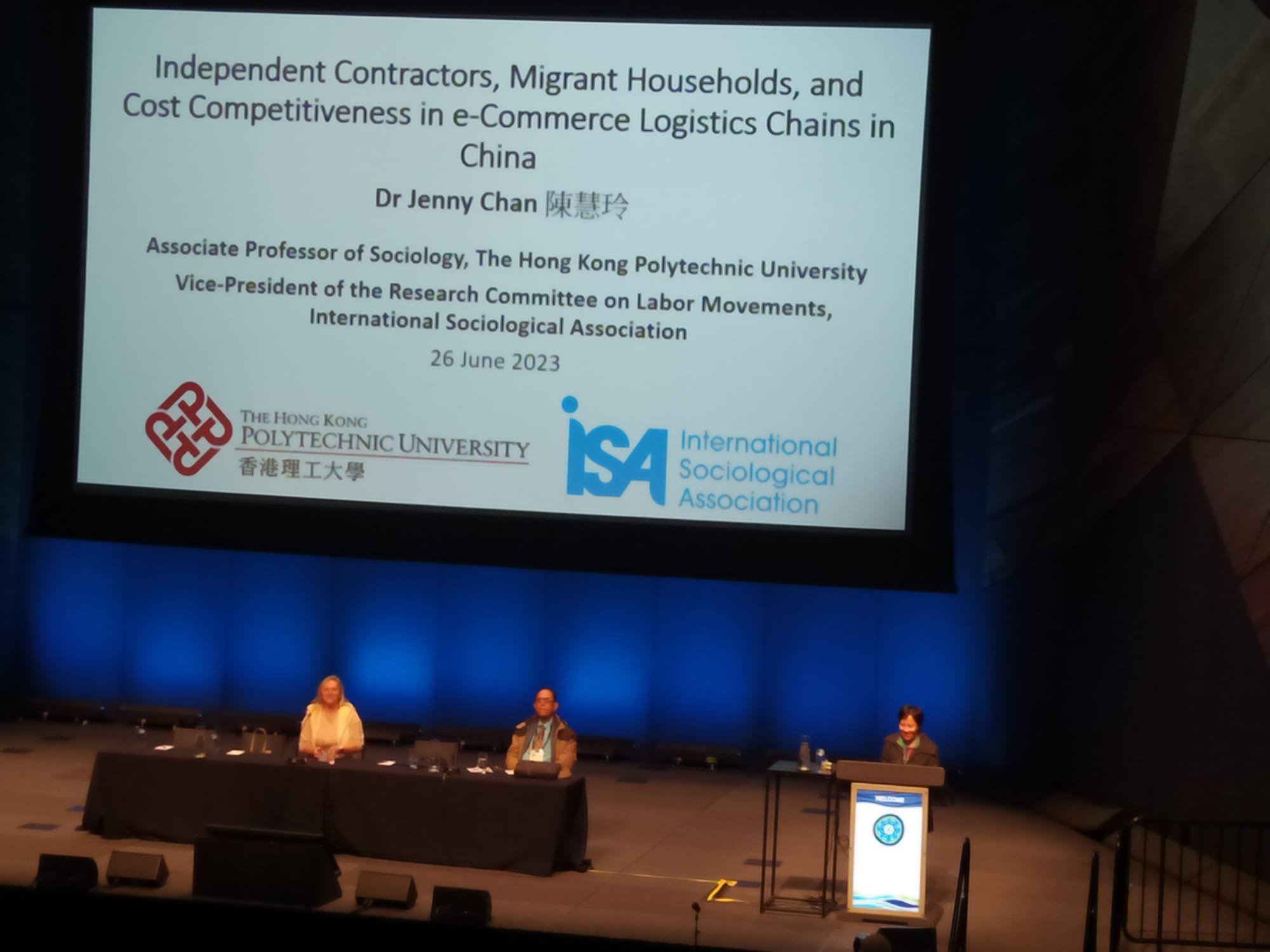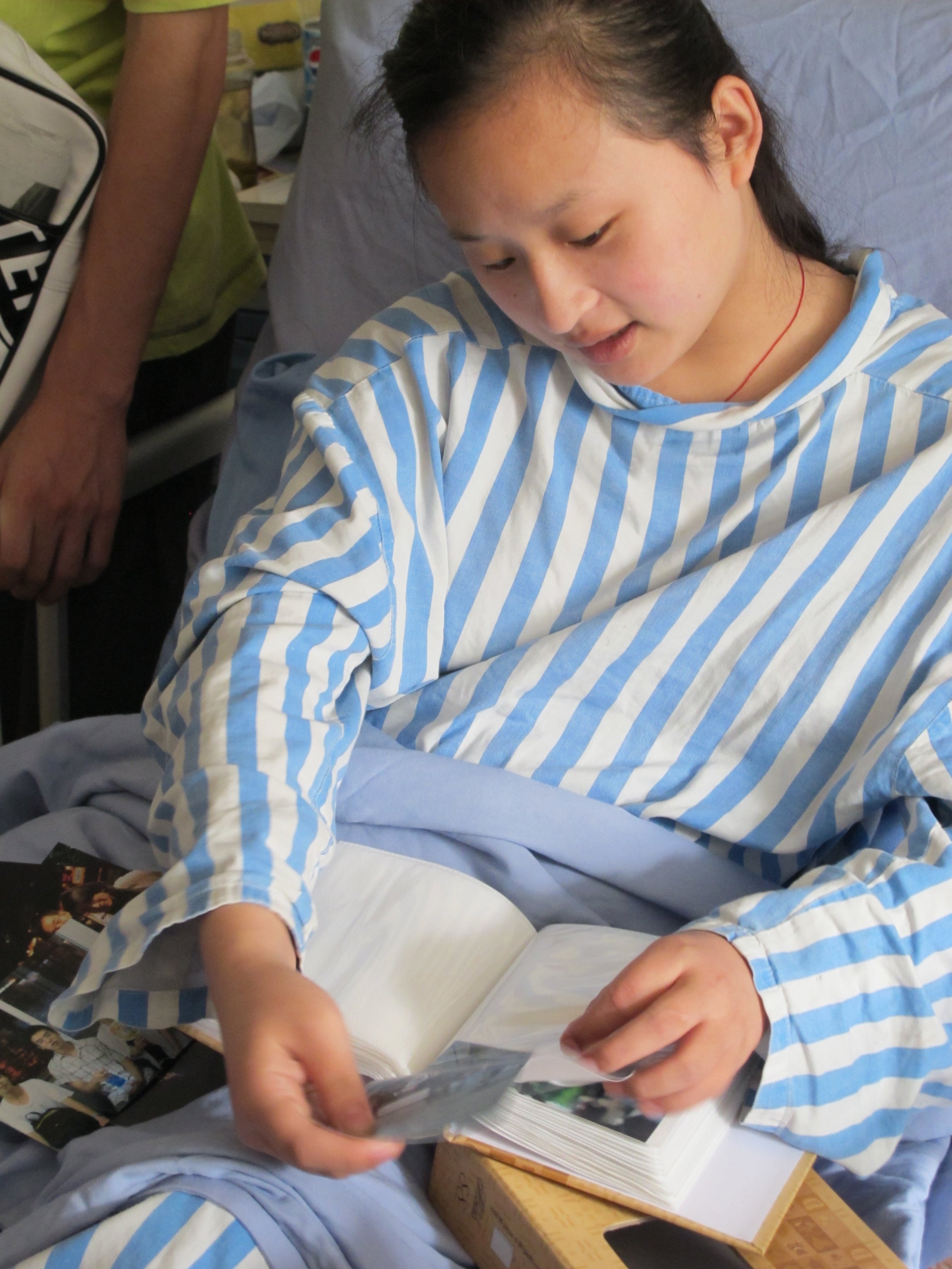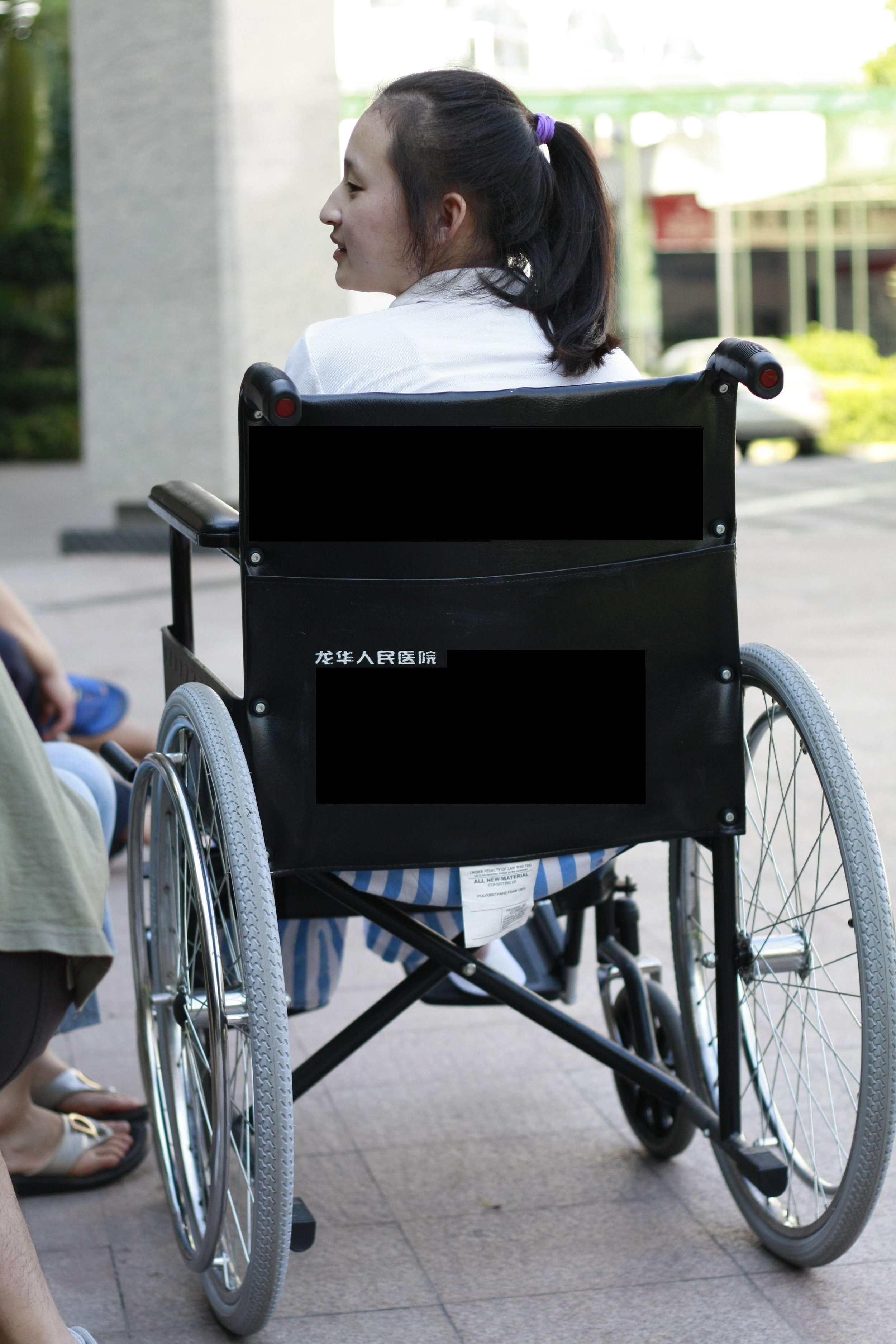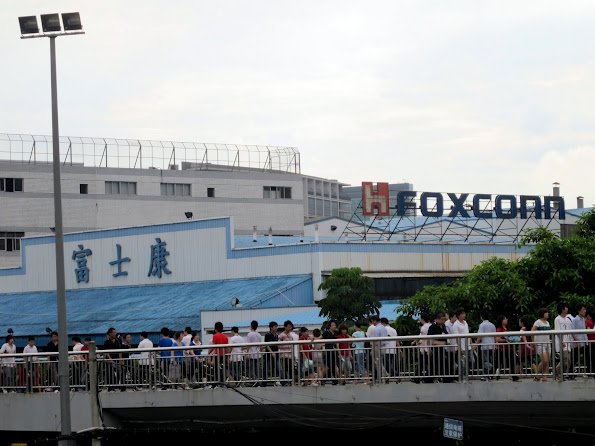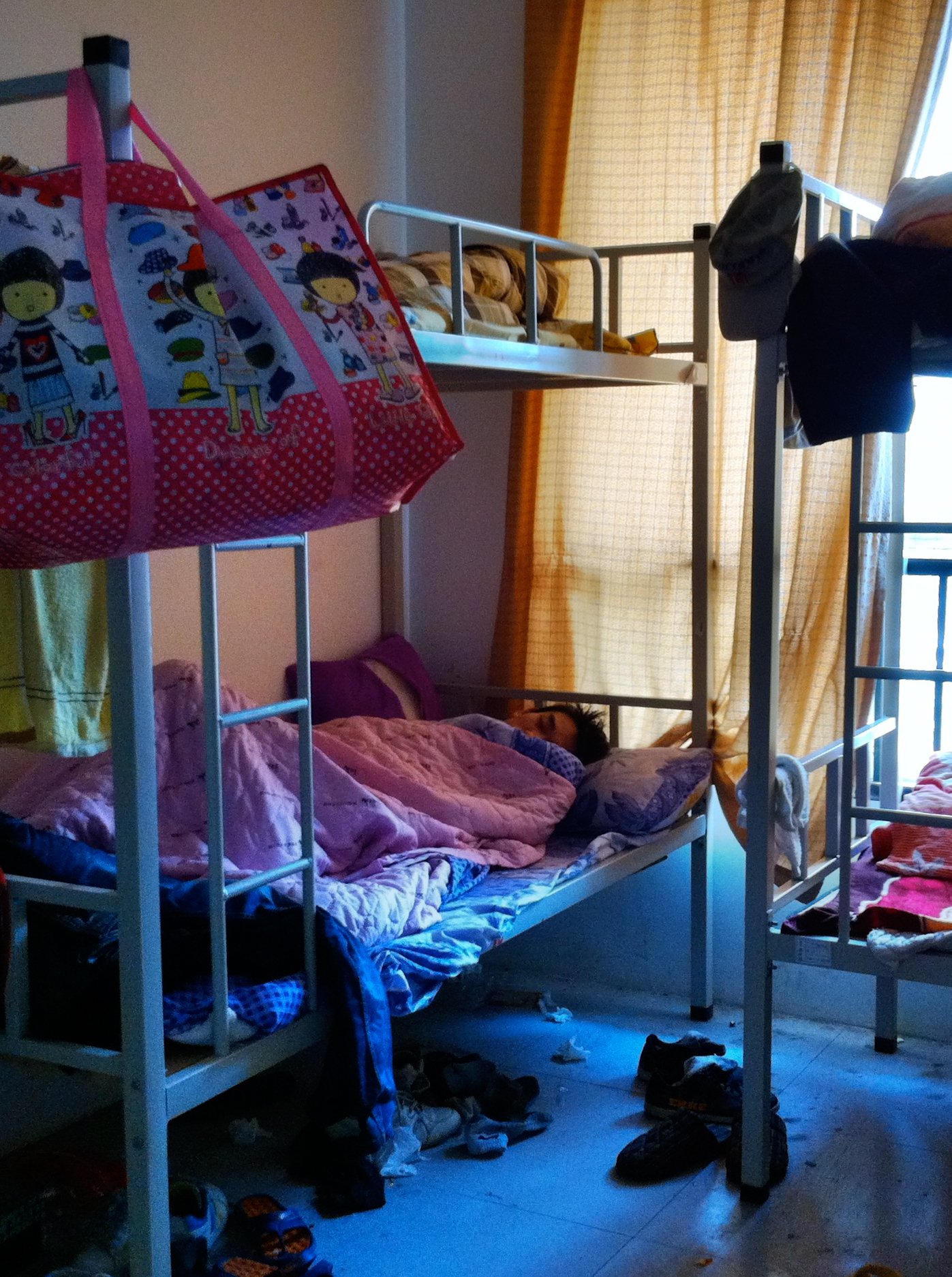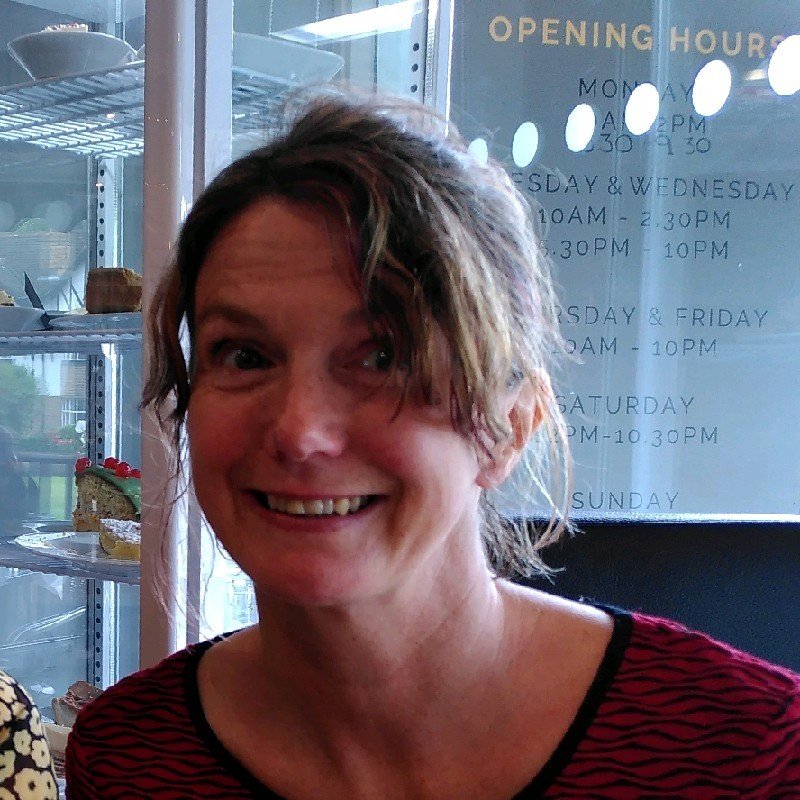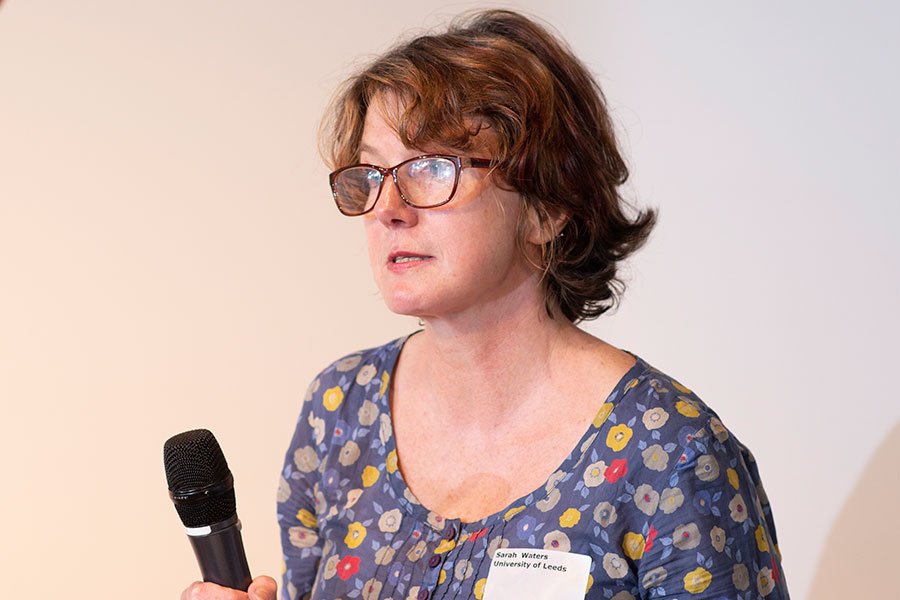While we are all so very attached to our devices, many do not truly appreciate the dark underbelly of the global electronics industry. In this podcast I interview Prof Jenny Chan, who exposed the hazardous working conditions that contributed to the alarming rates of suicide among workers. Her book “Dying for an iPhone” delves into the exploitative practices prevalent in factories producing popular consumer electronics, shedding light on the long hours, low wages, and relentless pressure faced by employees. In our conversation she uncovers the intricate web connecting these adverse working conditions, mental health struggles, and the tragic outcomes of suicide. Through poignant stories and extensive research, the Prof Chan reveals the urgent need for change, urging consumers, corporations, and governments to address the human cost behind the devices we use and demand ethical practices in the industry.
About Prof Jenny Chan
Jenny Chan is an Associate Professor of Sociology at the Hong Kong Polytechnic University and Vice President (2018–2023) of the International Sociological Association’s Research Committee on Labour Movements. She researches labor and state-society relations in China’s global transformation, with a focus on political economy, rural–urban migration, and in formalization of the workforce. She is the co-author, with Mark Selden and Pun Ngai, of Dying for an iPhone: Apple, Foxconn, and the Lives of China’s Workers (Haymarket Books and Pluto Press, 2020), which has been translated into Korean (Narumbooks, 2021). Her recent co-edited theme issue is “precarization and labor resistance: Canada, the USA, India, and China” (Critical Sociology, 2019, with Chris Rhomberg and Nair Manjusha).
About Prof Sarah Waters
Sarah Waters is Professor of French Studies at the University of Leeds, UK. Her research focuses on work-related suicide in France and across the international stage and seeks to understand the complex connections that link contemporary working conditions with the extreme and subjective act of suicide. Her book, Suicide Voices. Labour Trauma in France was published by Liverpool University Press in September 2020.
In her book, Sarah examines testimonial material linked to 66 suicide cases across three large French corporations. She examines ‘suicide voices’ considering how workers themselves describe the circumstances that led them to such desperate extremes in the letters, emails and recordings they leave behind. Why at the present historical juncture do conditions of work push some individuals to take their own lives? What can suicide letters tell us about the contemporary economic order and its impact on flesh and blood bodies? How do suicidal individuals describe the causes and motivations of their act?
Alongside her research, Sarah actively campaigns to improve workplace legislation in order to recognise and monitor work-related suicides. She is part of the trade union Hazards campaign in the UK that lobbies the Health and Safety Executive
She lives in Leeds and is a mother of two teenage boys.
Show Notes
Workplace Psychosocial Hazards: Psychosocial hazards refer to elements within the workplace's structure or organization that heighten the likelihood of work-related stress and have the potential to cause psychological or physical harm. Instances of psychosocial hazards encompass inadequate supervisor support or excessive job demands, among others.
Dying for an iPhone: Apple, Foxconn and the Lives of China’s Workers
Durkheim and Workplace Suicide
Mueller, A. S., Abrutyn, S., Pescosolido, B., & Diefendorf, S. (2020). The Social Roots of Suicide: Theorizing How the External Social World Matters to Suicide and Suicide Prevention. Frontiers in Psychology, 12. https://doi.org/10.3389/fpsyg.2021.621569
Greiner, B. A., & Arensman, E. (2022). The role of work in suicidal behavior – uncovering priorities for research and prevention. Scandinavian Journal of Work, Environment & Health, 48(6), 419-424. https://doi.org/10.5271/sjweh.4051
Replacement of AI/Robots for Workers
“How have robots increased suicide and overdose in humans?” https://www.openaccessgovernment.org/suicide-and-overdose/130450/
“As AI Advances, Will Human Workers Disappear?” https://www.forbes.com/sites/forbestechcouncil/2022/06/28/as-ai-advances-will-human-workers-disappear/?sh=7d4be86a5e68
Emotional labor: https://www.routledge.com/Emotional-Labor-in-the-21st-Century-Diverse-Perspectives-on-Emotion-Regulation/Grandey-Diefendorff-Rupp/p/book/9781138115910
Here’s a 2017 short piece on humans vs robots (before the book publication): https://newint.org/features/2017/11/01/industrial-robots-china
Prof Sarah Water’s book (Suicide Voices. Labour Trauma in France) : https://academic.oup.com/liverpool-scholarship-online/book/41662/chapter-abstract/353854486?redirectedFrom=fulltext
Franco Berardi. The Soul at Work: https://mitpress.mit.edu/9781584350767/the-soul-at-work/
Dissent (Spring 2021)
To die is the only way to testify that we ever lived
Perhaps for the Foxconn employees and employees like us
the use of death is simply to testify that we were ever alive at all
and that while we lived, we had only despair.


